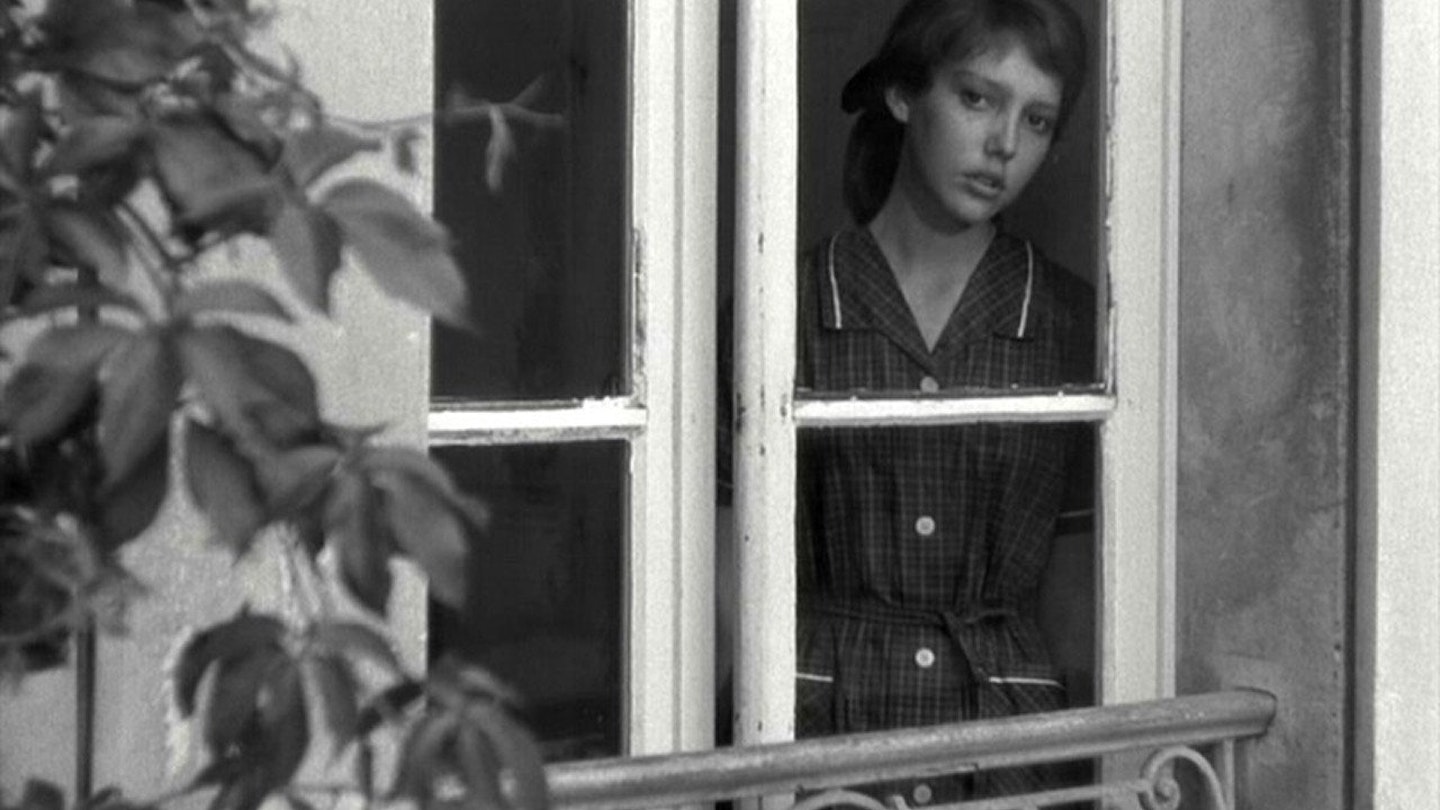Inspired by Dostoevsky's The Idiot, this is the story of two souls - one animal, one human - who have no control over their treatment at the hands of wicked men. Robert Bresson claimed it was the film in which I've put most of myself', while Jean-Luc Godard (who would later marry Anne Wiazemsky) described it as the world in an hour and a half'. Some have proclaimed it a masterpiece of allegorical intelligence and cinematic restraint, while others have castigated it for its symbolic calculation and melancholic naivete.
Clearly, those who have rejected the picture have taken exception to its Christian overtones. But Au Hasard, Balthazar is just as much about morality as spirituality and its warnings about the consequences of abandoning any form of ethical code are as relevant as ever in our increasingly secularised and self-centred society.
There's no denying that religious references abound. Balthazar was one of the Wise Men who visited Mary and her child among the livestock of a Bethlehem stable, while it's possible to recognise Christ in some of the alcoholic Arnold (Jean-Claude Guilbert)'s actions and both Satan and Judas in the thuggish behaviour of Gérard (François Lafarge), the biker who not only beats and rapes Marie, but who also causes Balthazar's death on a smuggling mission. Indeed, Balthazar's life is made up of episodes emblemising the Seven Deadly Sins. Thus, Bresson is as interested in the bestiality to which humanity could stoop as the perceived sanctity of the innocent, trusting donkey, who bears each vissicitude with patience and humility.
As in all his work, Bresson refuses to pass judgement on his characters and avoids sentimentality by the rigid formalism of his shooting style and the sobering dispassion of the performances. Yet, he does intimate here that a sin or failing can be quantified by the transgressor's degree of freedom.
